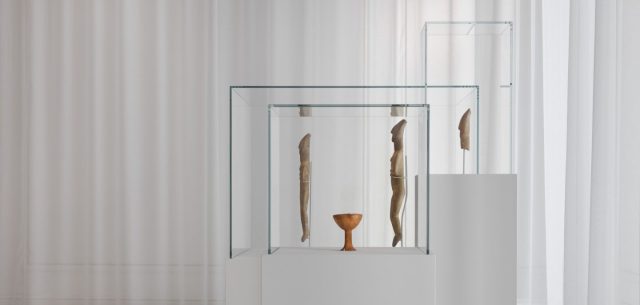Cinema Magic: This is the Moment to Start Preserving Athens
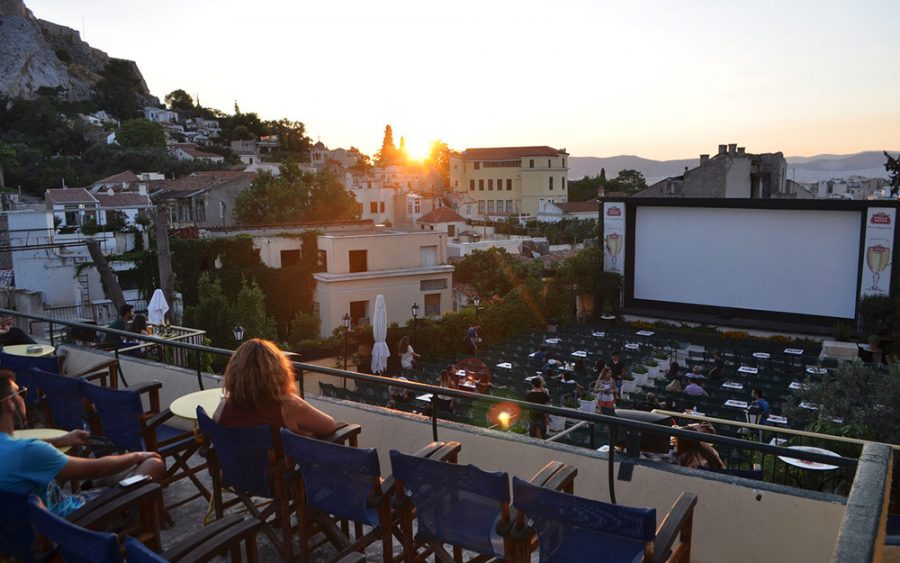
The closing of the rooftop Cine Paris in Plaka marked an important turning point in the history of Athens cinemas. Long listed among the favourite and most beautiful destinations for summer cinema, it has closed its doors permanently.
Athens once enjoyed a wide network of cinemas that delivered magic to every neighbourhood, but those theatres are fast disappearing. Tyler Boersen explores the threat to the famous City Ideal and examines the role that historic cinemas could play in the redevelopment of the city centre.
Cinema is magic. Shoulder to shoulder with strangers, mesmerized by colours and trembling with sound, we edge closer to each other across the armrest.
Video content from on-demand platforms and social media may be changing our individual identity. We might even come to know more about more people. But the cinema remains the queen of the screen because it demands that we act like neighbours.
Athens once enjoyed a wide network of theatres that delivered magic to every neighbourhood. The most decadent theatres in the city centre even managed to elevate cinema from consumer product to public good. The glamor and spectacle of Aliki Vougiouklaki and Irene Papas helped teach people migrating to the city about how to become an Athenian.
The network of cinemas is fast disappearing without the losses being properly measured. The pandemic pause in movie attendance is dangerously close to an irreversible stop. Perhaps a dozen winter and summer cinemas have already closed their doors in the last few years, while the grand salons and landmark architecture are falling into ruins.
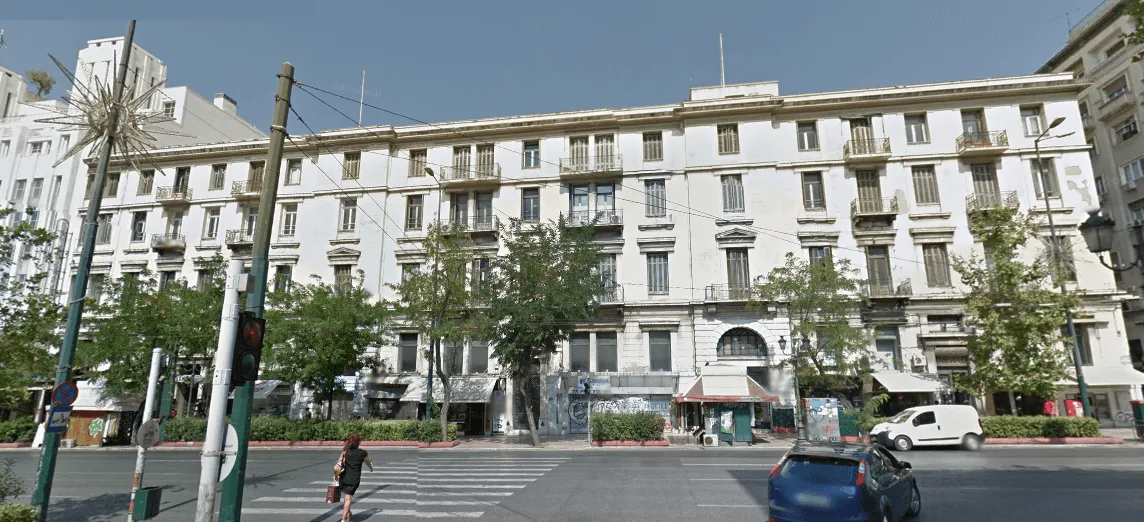 Many Athenians fear that this loss is a sign of something bigger: the reorientation of a large chunk of Athens away from Athenians, the replacement of historic businesses with mediocre imitations and higher prices.
Many Athenians fear that this loss is a sign of something bigger: the reorientation of a large chunk of Athens away from Athenians, the replacement of historic businesses with mediocre imitations and higher prices.
Red flags were raised in November following the auction of a long-term lease of a sprawling building on Panepistimiou Street that has been home for 100 years to the Cine Ideal. The grand building owned by EFKA, the state social insurance fund, had long been a hulking ghost on one of the most prominent streets in Athens. The Ideal kept showing films as the building crumbled and a nearby wall collapsed.
It’s worth celebrating the news that the local economy is strong enough to support the restoration of the building for use as an office or hotel. Done well and right, with partnerships that connect the investment to the neighbourhood, the development could bring foot traffic and revenue to a part of the city that needs more reinvestment, high wage jobs, and a better sense of itself as a destination for locals and visitors.
The historic Cine Ideal could be a centrepiece, but the move by EFKA left the theatre in limbo. The outcry from cinephiles and preservationists was immediate, followed by relief when the Athens City Council voted to recommend that the ministries in charge should preserve the use of the Ideal as a cinema open to the public. EFKA abruptly clarified they would not seek to change the use of the space. For a moment, the Ideal seemed safe alongside other endangered theatres like the Astor, located in another EFKA building only a few blocks away on Korai.
But the story isn’t over. In early March 2023, EFKA filed an objection to any declaration preserving the use of the space, leaving it open to the developer to utilize the historic cinemas for whatever they please. The theatres, EFKA said, were a barrier to the development.
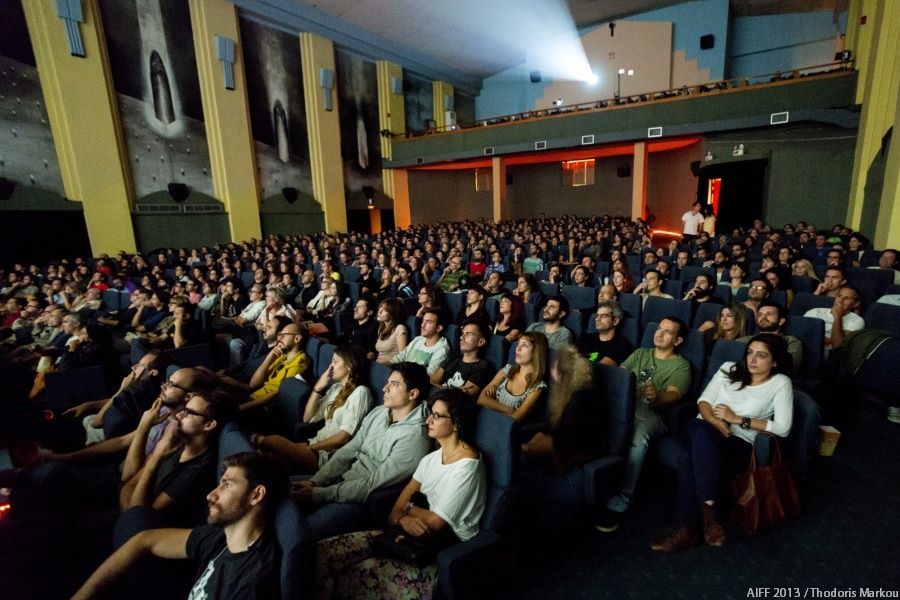 This area of Athens is among the most indebted to the power of collective memory. The significance of the project and its economic value borrows as much from the city’s cultural heritage as it benefits from the geographical proximity to the Athenian Trilogy and the Acropolis. This building could easily become a destination for Athenians if there were services that promoted continuity – and if they would feel invited.
This area of Athens is among the most indebted to the power of collective memory. The significance of the project and its economic value borrows as much from the city’s cultural heritage as it benefits from the geographical proximity to the Athenian Trilogy and the Acropolis. This building could easily become a destination for Athenians if there were services that promoted continuity – and if they would feel invited.
Plans have been announced to turn the building into a hotel, but so far without any specifics. This should be good news, because the hotel sector is already reinventing itself and could use this connection to the Cine Ideal to support its new identity. The short-term rental market has put pressure on hoteliers to update their model by creating more exclusive services, refining their design, and focusing on identity.
There is growing interest in hospitality projects that include locals – Athenians – by creating services that attracts their attention. Ultimately, visitors in search of authenticity want to go to the places that locals want to go. A great hotel should serve as a living room for the city and give visitors more than museums and restaurants. That way, they will stay longer.
Athenian nightlife already offers some cues. There is less focus on drinking to excess like other big tourist destinations. Instead, it is common to see a movie, go for coffee, or grab a piece of cake. In New York, some of the most beloved historic bars are found inside hotels, while in Athens it makes just as much sense to connect a hotel with a cinema, allowing the theatre to support its brand by telling a unique story.
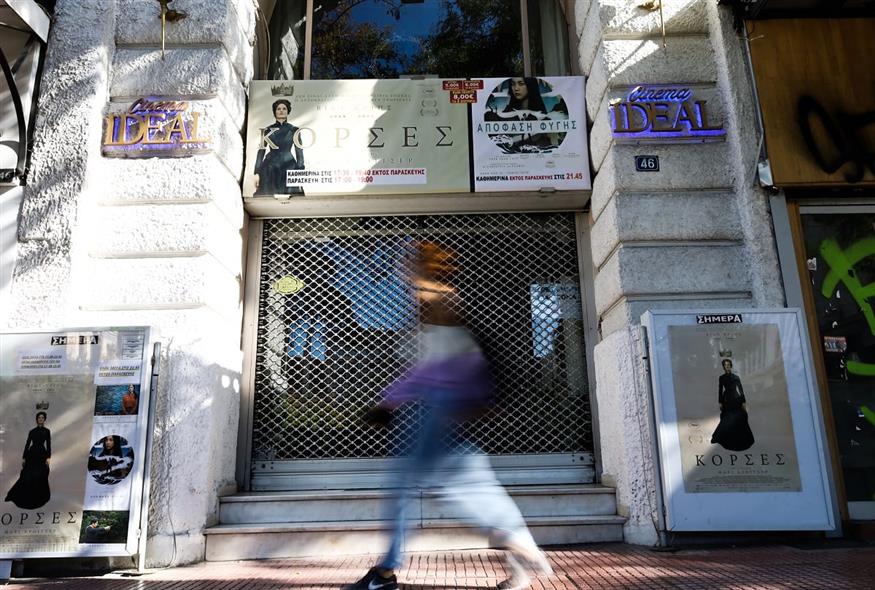 Hotels start as a centre of hospitality for tourists, but they also help to channel their revenue to industries adjacent to tourism. They can help to create and expand opportunities. The best new hotels in Athens do not merely have a brand identity, they show their feeling for Athens by collecting the work of local artists, highlighting local products in their food menus, and preserving historic buildings and design elements. There is a growing number of hotel developers who are working to build awareness and knowledge of a uniquely Athenian design vocabulary by reaching beyond their property in support of local designers and small businesses.
Hotels start as a centre of hospitality for tourists, but they also help to channel their revenue to industries adjacent to tourism. They can help to create and expand opportunities. The best new hotels in Athens do not merely have a brand identity, they show their feeling for Athens by collecting the work of local artists, highlighting local products in their food menus, and preserving historic buildings and design elements. There is a growing number of hotel developers who are working to build awareness and knowledge of a uniquely Athenian design vocabulary by reaching beyond their property in support of local designers and small businesses.
This brings us back to the cinemas that long played a key role in the development and promotion of the creative sector in Athens. This can be accomplished by adding new uses alongside the commercial cinema, or by emphasizing their role as a public good that not only plays movies but pursues a cultural and educational mission. The cinema is not only a mystical experience, it can become part of the city’s routine once again.
Recent investments in the Greek film industry have brought cinema heritage back to centre stage. Tax incentives and credits available to film productions, alongside support efforts like the Athens Film Office, are helping to bring more largescale productions to Greece. There is also a growing portfolio of programs designed to train the workers who will serve the productions coming to Athens.
This commitment to growing an industry ought to also justify the preservation of historic cinemas – after all, they are especially precious to artists and filmmakers for whom the big screen symbolizes the seriousness of the art form.
Athens is changing quickly, but there remain many choices ahead. The city can move away from fast and cheap development toward long-term investments that preserve the city’s identity. It must – because when locals lose interest in a destination, so will many visitors.
*Tyler Boersen is a cultural anthropologist who lives and works in Athens.








